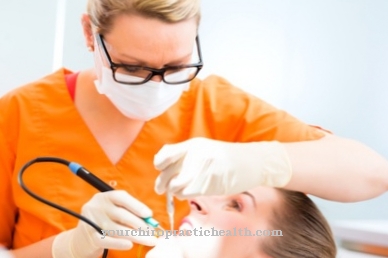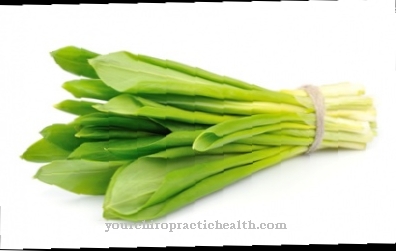Menstruation is an issue that affects at least half of the world's population. It is so multifaceted that it is not surprising that there is an endless amount of information on the Internet and in books about it. One of the most important questions for girls and women in Germany is choosing the right hygiene products. When menstruating for the first time, this choice is mostly influenced by their own mother or sister. Tampons and sanitary towels are by far the most commonly used solution to protect yourself during periods. They are inexpensive, easy to use, and available almost anywhere. They have also been around for a long time and are uncomplicated to use because they are simply disposed of in the sanitary bag in a toilet trash can after use.
Menstrual Cups: a sustainable alternative to pads & tampons

For some time now, however, there have also been sustainable alternatives to pads and tampons in the area of menstrual hygiene. On the one hand there are these products made from fair trade and organic cotton, on the other hand there are so-called menstrual cups (also called menstrual cups or menstrual caps).
An example is e.g. Ruby Cup. Unlike disposable products, Ruby Cup is reusable. Menstrual cups were invented in the early 20th century, but were made of rubber back then, which some women are allergic to. Nowadays there is no longer any risk of allergy as the material and design have evolved. Made from 100% medical silicone, menstrual cups offer environmentally and health-conscious women the opportunity to protect themselves with just one product for up to 10 years during their period.
Menstrual cups look like a small egg cup, are simply folded up and inserted into the body similar to a tampon. After 6-12 hours, they are simply emptied, briefly rinsed or wiped out and then reinserted. The menstrual fluid is collected in the cup instead of being sucked up. Here you can find out more about the application. Similar to tampons and pads, menstrual cups come in different sizes, small and medium.So you can change depending on the severity of the bleeding. Gynecologists recommend e.g. Patients with recurrent bacterial infections (vaginal thrush and vaginosis) should use menstrual cups. Because tampons not only absorb menstrual blood, but also sweat or moisture, the risk of such an infection is increased, especially during activities such as sauna and swimming.
It is assumed that a woman uses up to 12,000 pads or tampons on average in her lifetime. In addition, there is the packaging of the products and, e.g. In the USA, plastic applicators designed to make insertion easier. That said, menstruation is a huge environmental factor when you look at it globally. However, it is not just the environmental factor that should be considered.
Studies have shown that many tampons and sanitary towels contain ingredients that are hazardous to health, such as Bleach (that's why the products look so white), but also fragrances and plastic fibers that pass from the coating into the product. All of this enters the body through the mucous membranes. Menstrual cups, on the other hand, are hypoallergenic and free from phthalates and fragrances thanks to the medical silicone.
Read more about the medical benefits of menstrual cups here.The question arises as to why this alternative has not yet caught on. The answer to that is relatively simple once you think about it. For the retail trade, pads and tampons, or disposable items in general, are more profitable than e.g. a menstrual cup. In the USA, however, you can already see that with increasing demand, more and more shops are offering menstrual cups and thus the visibility of this alternative increases.
The lack of menstrual hygiene as a global problem
The issue of menstruation as a problem in emerging countries has not yet been mentioned. In many parts of the world, girls and women do not have access to menstrual hygiene products. Sanitary towels and tampons are either too expensive or simply not available.
The consequence is that e.g. in Kenya, girls don't go to school on their period for fear of bleeding through and embarrassing themselves. Since menstruation is a taboo, this topic gets too little publicity or there is a lack of education. For example, many girls believe they are sick and don't know that menstruation is a natural process.
Fortunately, a network of activists, organizations and companies has emerged in recent years who are working on this problem and want to ensure the availability of menstrual hygiene.

The common mission is to improve menstrual hygiene worldwide and to educate girls and women and to provide them with a sustainable and healthy alternative to pads and tampons.
Since 2014 there has also been an international day, the International Menstrual Hygiene Day. As a consumer, you can help. With every Ruby Cup (a menstrual cup) you buy, you donate one to Kenya. Based in Berlin, Ruby Cup works together with partner organizations in Kenya to provide as many girls and women as possible with a product and to educate them about menstruation.
Here you can read more about the social mission.You can find your medication here
➔ Medicines for menstrual cramps

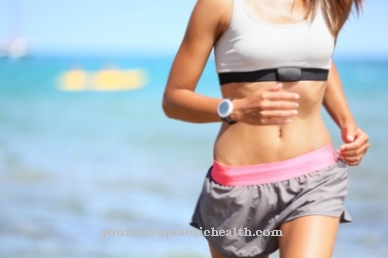
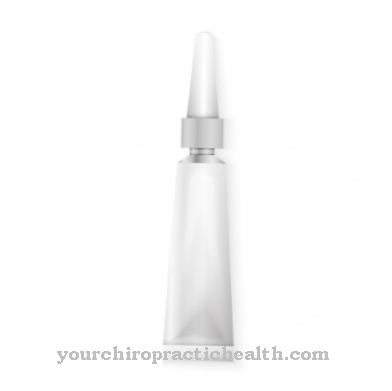
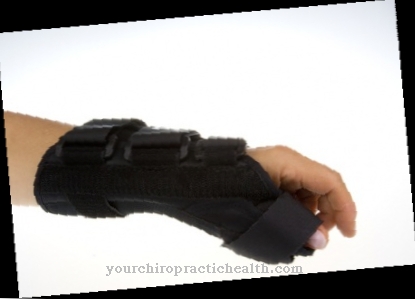


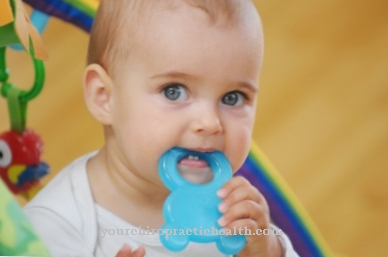

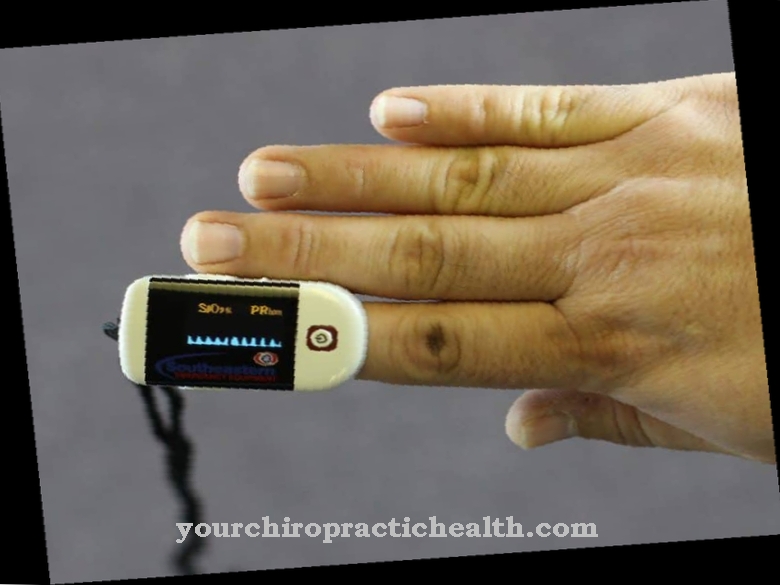
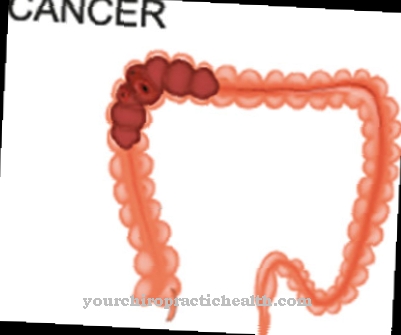

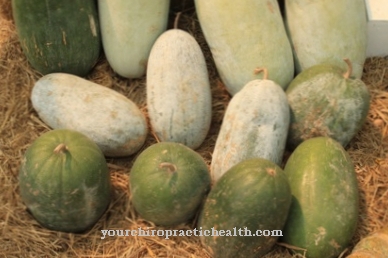
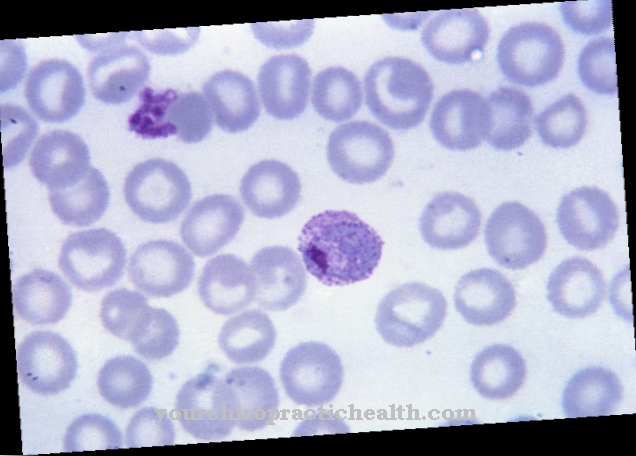


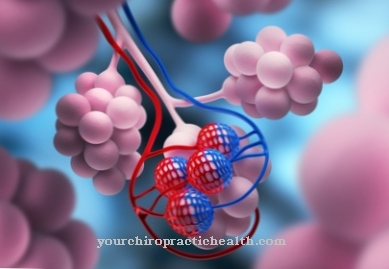
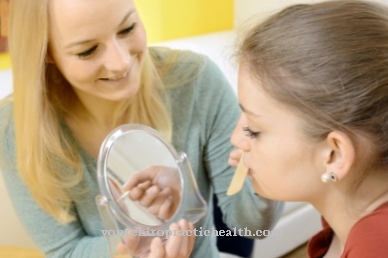
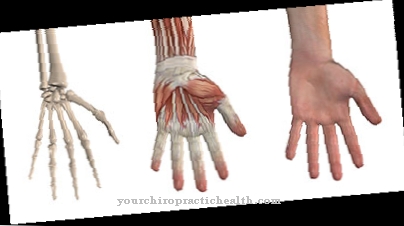

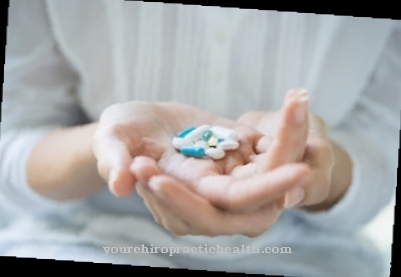
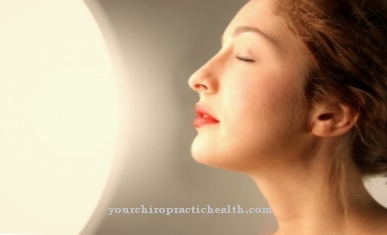
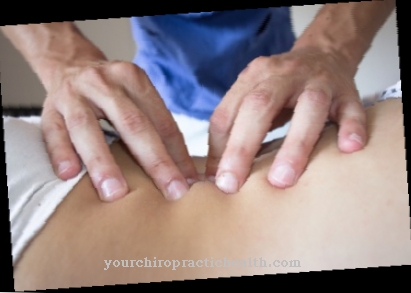


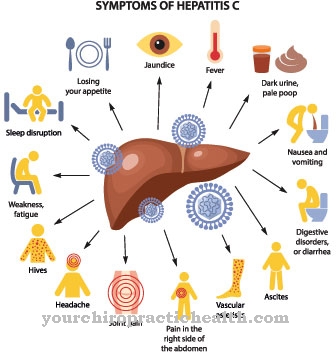
.jpg)

